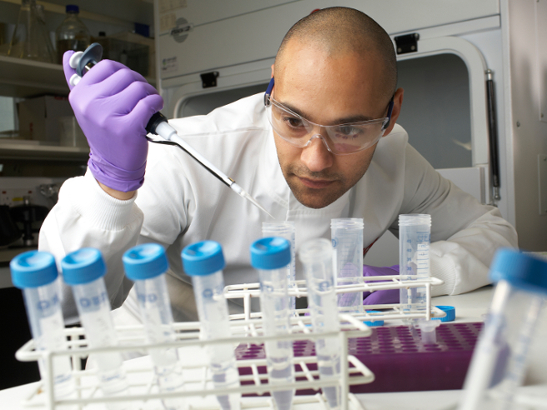Structural Biology of Cell Signalling
Dr Sebastian Guettler’s group is researching the ways in which certain enzymes, known as ADP-ribosyltransferases (ARTs), control cell function.
Professor Sebastian Guettler
Deputy Head of Division:
Structural Biology of Cell Signalling.jpg?sfvrsn=4c485212_1)
Professor Sebastian Guettler is Deputy Head of the Division of Structural Biology. He studies the precise molecular mechanisms of signalling processes central to cancer stem cell function, with a particular interest in Wnt/β-catenin signalling, telomere length homeostasis and their regulation by ADP-ribosylation. He has a long-standing interest in understanding tankyrase, a poly-ADP-ribosyltransferase with roles in both Wnt/β-catenin signalling and telomere maintenance.
Researchers in this group
 .
.
Email: [email protected]
I graduated from the University of Southampton, with an integrated Master’s in Biochemistry (MSc). For my bachelor’s project, I investigated the effects of reactive oxygen species and vitamin C on S100A9 aggregation in Alzheimer’s disease. For my Master’s project, I investigated the functional importance of Snap29 for mitosis in Drosophila. For my PhD, I study the molecular mechanisms of telomere maintenance.
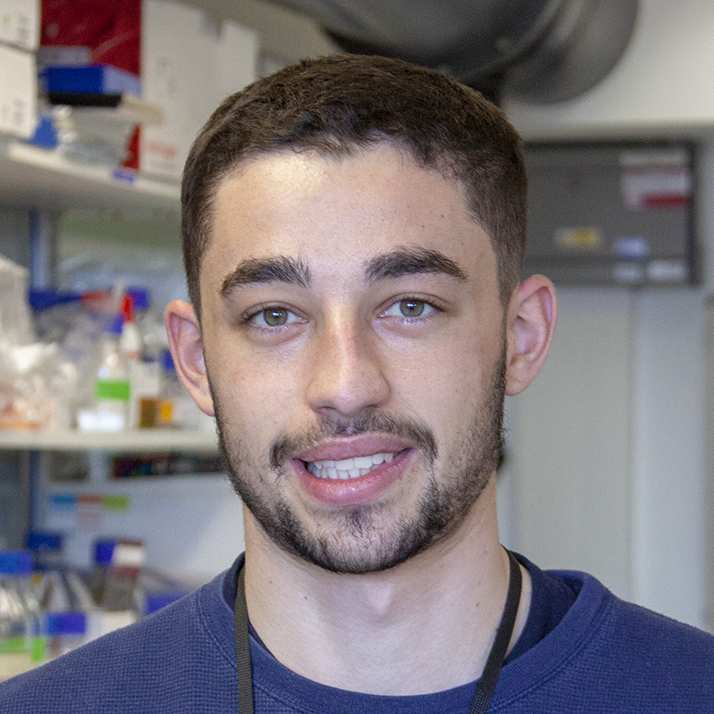 .
.
Email: [email protected]
Location: SuttonChelsea
I graduated from the University of Manchester, with a BSc in Biochemistry with industrial experience (IE). I spent my IE at Mayo Clinic in Jacksonville, Florida, investigating mitochondrial dysfunction in disease. In 2020, I joined the ICR to study how tankyrase regulates Wnt/β-catenin signalling utilising genetic techniques.
.jpeg?sfvrsn=74d08e67_1) .
.
Email: [email protected]
Location: Chelsea
I joined Sebastian's lab in August 2023 as a Postdoctoral Fellow to investigate the molecular mechanisms of the Wnt/β-catenin signalling pathway in normal and cancer cells. Prior to joining the ICR, I was a Postdoctoral Research Fellow at the laboratory of Dr Roger Grand at the University of Birmingham, where I also obtained my PhD studying the DNA damage response. My PhD research focussed on the role of CCR4-NOT complex in the DNA damage response (DDR), and how disruption of this complex contributes to transcription-mediated genome instability. My current research mainly focusses on understanding the mechanisms of the β-catenin destruction complex.
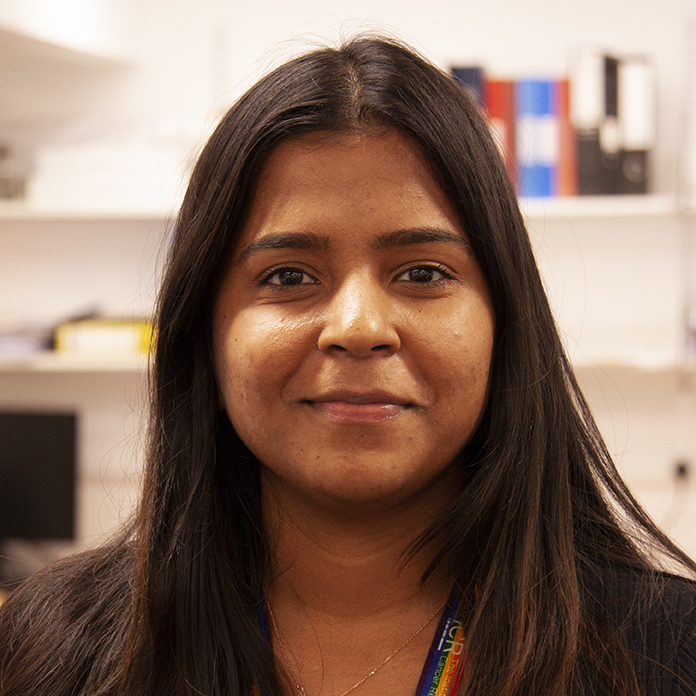 .
.
Email: [email protected]
Location: Chelsea
Oviya studied Biotechnology during her undergraduate degree at SRM University, India. She then completed her PhD in Professor Sara Sandin's lab at Nanyang Technological University, Singapore. Oviya joined the ICR as a postdoc in 2019 and is currently studying the function of tankyrase at telomeres.
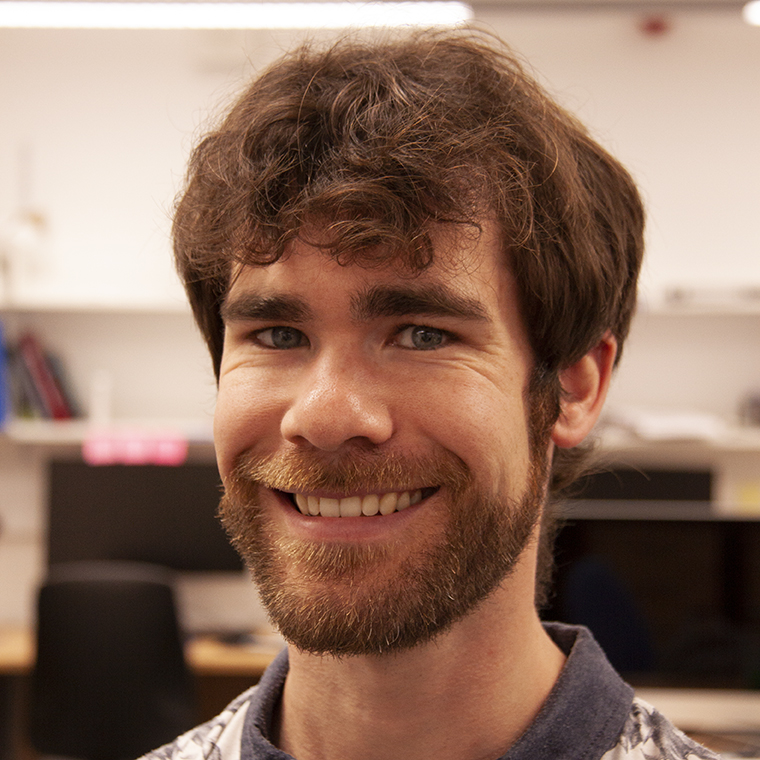 .
.
I completed my BSc (Hons) in Biology at the University of Auckland, New Zealand, in 2015. I then moved to the Institut de Biologie Structurale in Grenoble, France, for my PhD, working in Dr Irina Gutsche’s group. During my PhD, I used cryo-EM and biochemistry to characterise the bacterial AAA+ ATPase RavA and the Mitochondrial Complex I Assembly Complex. I moved to the Guettler lab in 2020 to work on the cryo-EM characterisation of tankyrase.
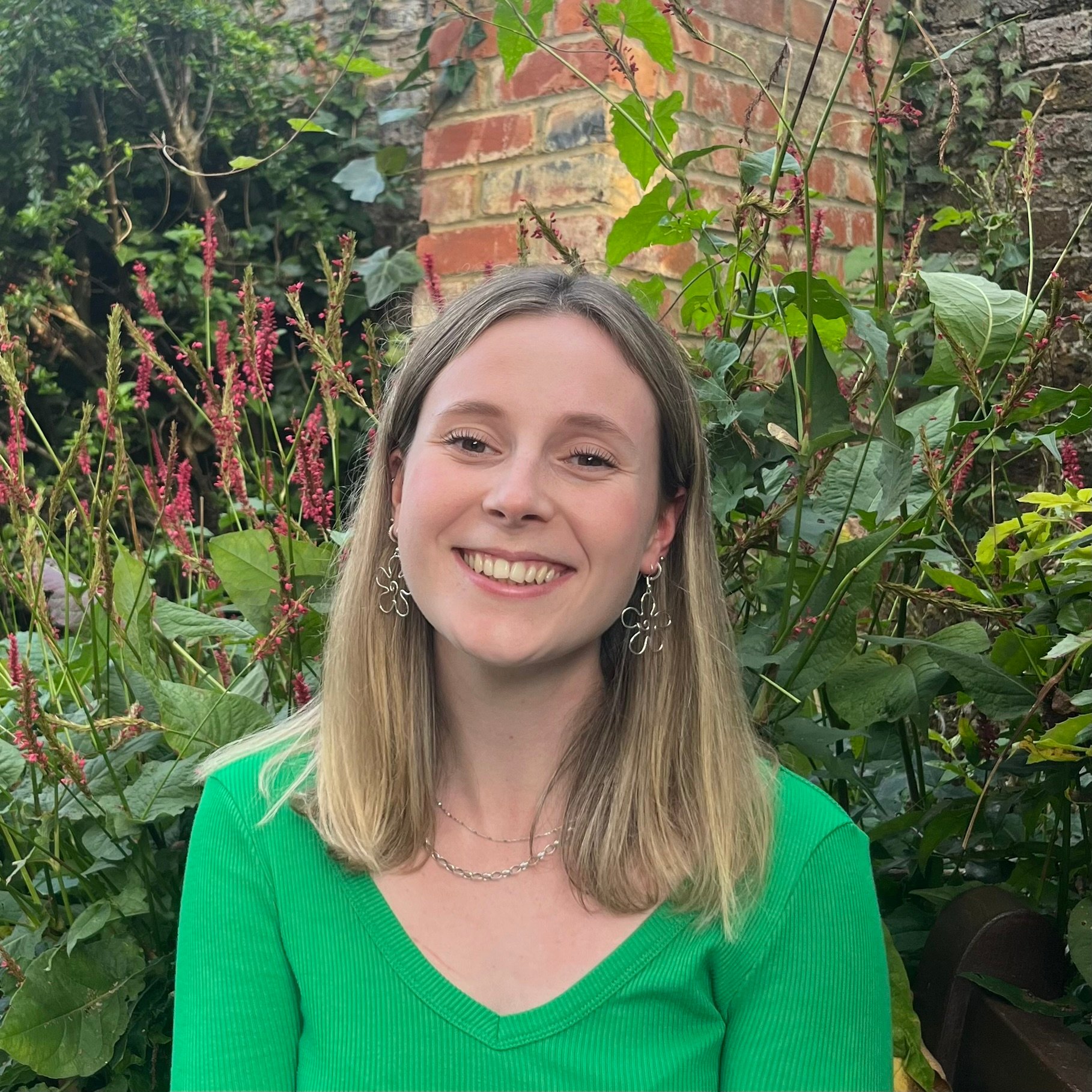 .
.
Katy joined the ICR in October 2023 as a PhD student. She previously completed an MChem at Durham University, where her research focused on novel therapeutics for Alzheimer's disease. At the ICR she is working on a collaborative project with Professor Guettler and Professor Hoelder, developing tankyrase-directed PROTACs as novel scaffolding inhibitors.
.jpg?sfvrsn=99b8ef9b_1) .
.
Email: [email protected]
Location: Chelsea
I completed my B.Tech in Chemical Engineering from Anna University in Chennai, India, in 2013. Following my interest in sustainable bioenergy, I pursued an MRes in Sustainable Bioenergy at the School of Biosciences, University of Nottingham, UK, from 2014 to 2016. During my time there, I had the opportunity to intern at the Flow Cytometry Facility based in Queens Medical Centre in Nottingham, which inspired me to pursue higher research studies in basic science. Motivated by my newfound passion, I embarked on a PhD in the prestigious Max Planck Research Group, based at the Malopolska Centre of Biotechnology in Krakow, Poland. My doctoral research focussed on unravelling the mysteries of an ancient ubiquitin-like protein (Urm1) conjugation mechanism called urmylation. To investigate its function, I employed crystallography, mass spectrometry, and biochemical assays, successfully deciphering the intricate workings of urmylation. In May 2023, I joined the Guettler lab to study the molecular mechanisms of the Wnt/β-catenin signalling pathway.
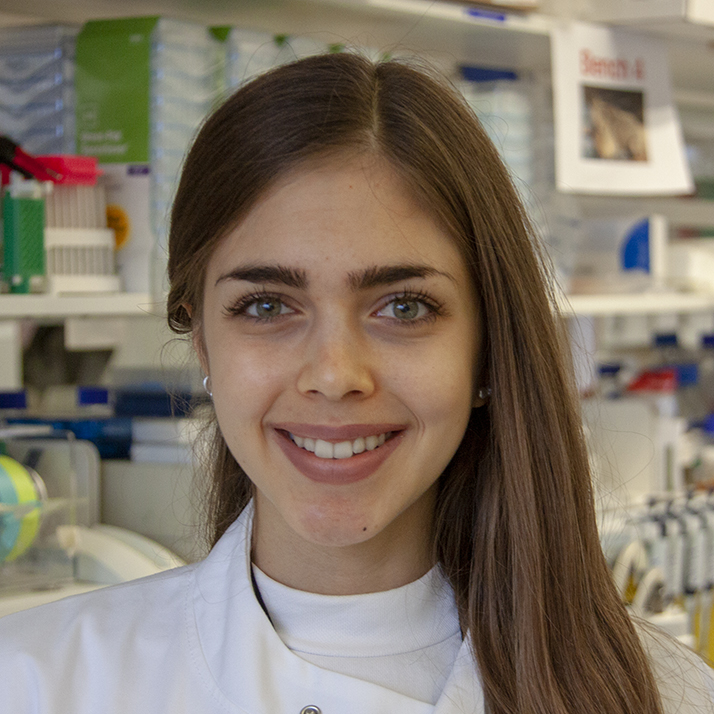 .
.
Email: [email protected]
Location: Sutton
During my bachelor's degree at Erasmus University College, I completed a summer internship at Karolinska Institute in the field of cancer biology. I continued with my studies at Imperial College London in Molecular Basis of Human Disease. Here at the ICR, I am studying the molecular mechanisms of Wnt/beta-catenin signalling.
Professor Sebastian Guettler's group have written 29 publications
Most recent new publication 4/2025
See all their publicationsResearch, projects and publications in this group
ADP-ribosylation is a post-translational modification carried out by ADP-ribosyltransferases (ARTs), which transfer ADP-ribose from NAD+ onto substrates. ADP-ribosylation controls many aspects of cell function, including DNA repair, cell division, telomere maintenance, chromatin dynamics, apoptosis and various signal transduction processes. Given their roles in DNA repair, telomere homeostasis and cancer-relevant signalling pathways, several ARTs are being explored as potential cancer therapy targets.
In humans, the family of intracellular ARTs encompasses 17 members with similar catalytic domains but greatly diverse non-catalytic accessory domains. Different catalytically active ARTs can either transfer a single unit of ADP-ribose or attach ADP-ribose processively, thereby constructing poly(ADP-ribose) (PAR) chains, which can be of varying length and structure. Enzymes in the latter group are known as poly(ADP-ribose)polymerases (PARPs). Compared to other types of post-translational modification, such as phosphorylation, PARylation remains understudied.
We take a particular interest in the PARP enzyme tankyrase, which fulfils a wide range of biological functions, many of which are relevant to cancer. The human genome encodes two highly similar tankyrase paralogues, TNKS and TNKS2. Both share a C-terminal catalytic PARP domain, a set of five N-terminal ankyrin repeat clusters (ARCs) responsible for substrate recruitment, and a polymerising sterile alpha motif (SAM) domain in between.
Our previous structure-function work has revealed the mechanisms of substrate recognition and polymerisation by tankyrase and shown that tankyrase can act as a scaffolding protein, independently of its catalytic function. We now aim to use both X-ray crystallography and cryo-electron microscopy to understand how tankyrase’s various domains act together. Moreover, we work with chemists to develop novel approaches to modulate tankyrase function.
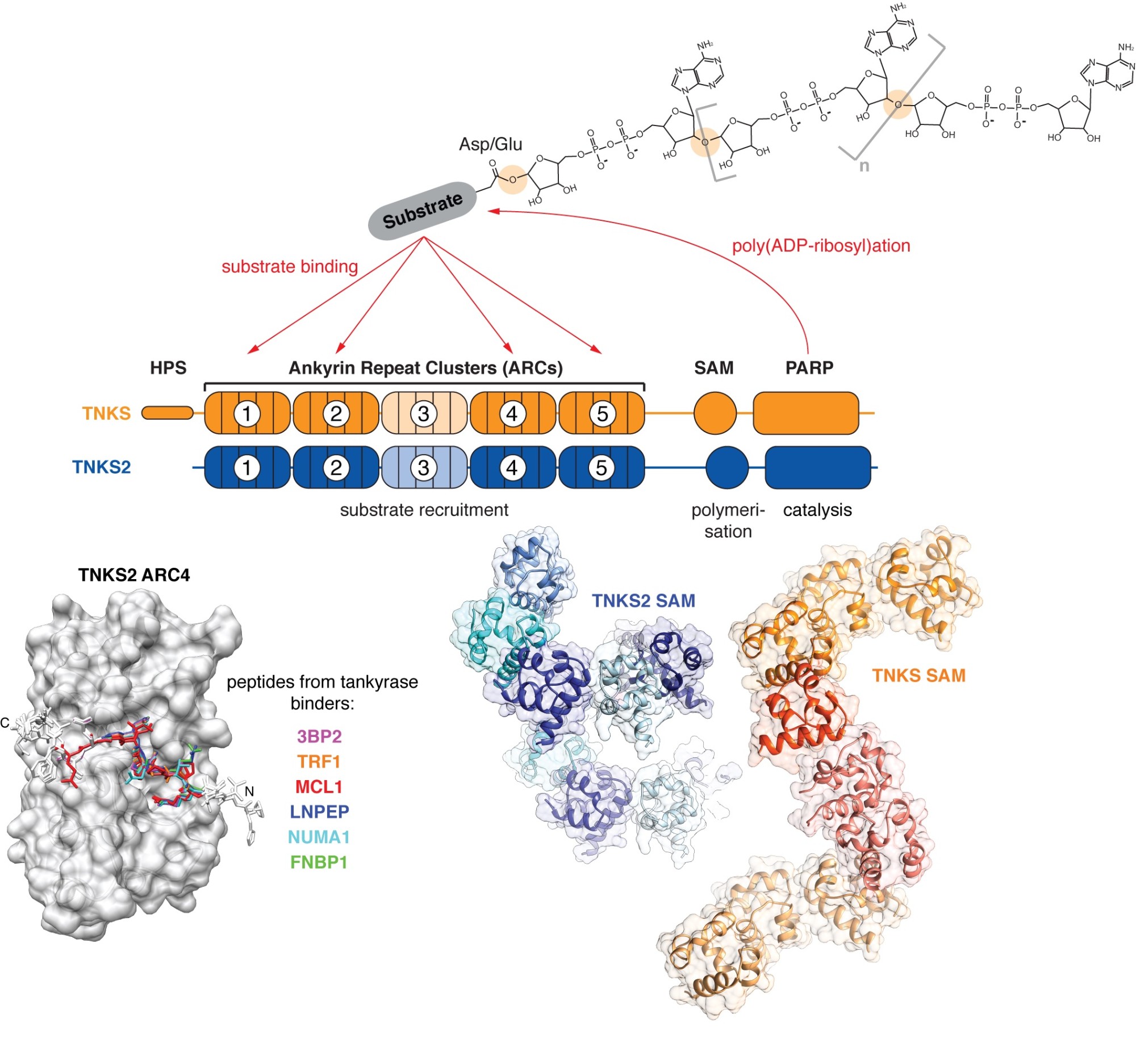
Tankyrase (TNKS, TNKS2) uses its ankyrin repeat clusters (ARCs) to recruit binding partners, many of which are also PARylated by tankyrase’s PARP domain. ARCs recognise degenerate peptide motifs found in many proteins. Our earlier work (Guettler et al., 2011) has revealed the substrate recognition mechanism and explained how the rare human disease Cherubism is caused. The sterile alpha motif (SAM) domain enables tankyrase polymerisation. We have revealed the mechanism of tankyrase polymerisation and shown that both ARCs and the SAM domain polymer fulfil essential scaffolding roles and are required for efficient substrate modification (Mariotti et al., 2016). (Images modified from Guettler et al., 2011; Mariotti et al., 2016 and Pollock et al., 2017)
Molecular mechanisms of Wnt/beta-catenin signalling, telomere maintenance and their regulation by poly(ADP-ribosyl)ation
In a series of projects, we take a reductionist approach to study how large macromolecular complexes coordinate Wnt/beta-catenin signalling and telomere length homeostasis and how they are controlled by tankyrase-dependent poly(ADP-ribosyl)ation. We combine biochemical assays with cryo-electron microscopy and X-ray crystallography to uncover the detailed mechanisms governing the functions of these complexes and their regulation.
Besides uncovering fundamental mechanisms underlying stem and cancer cell function, we endeavour to understand the molecular basis of disease mutations and open up new opportunities for pharmacological intervention.
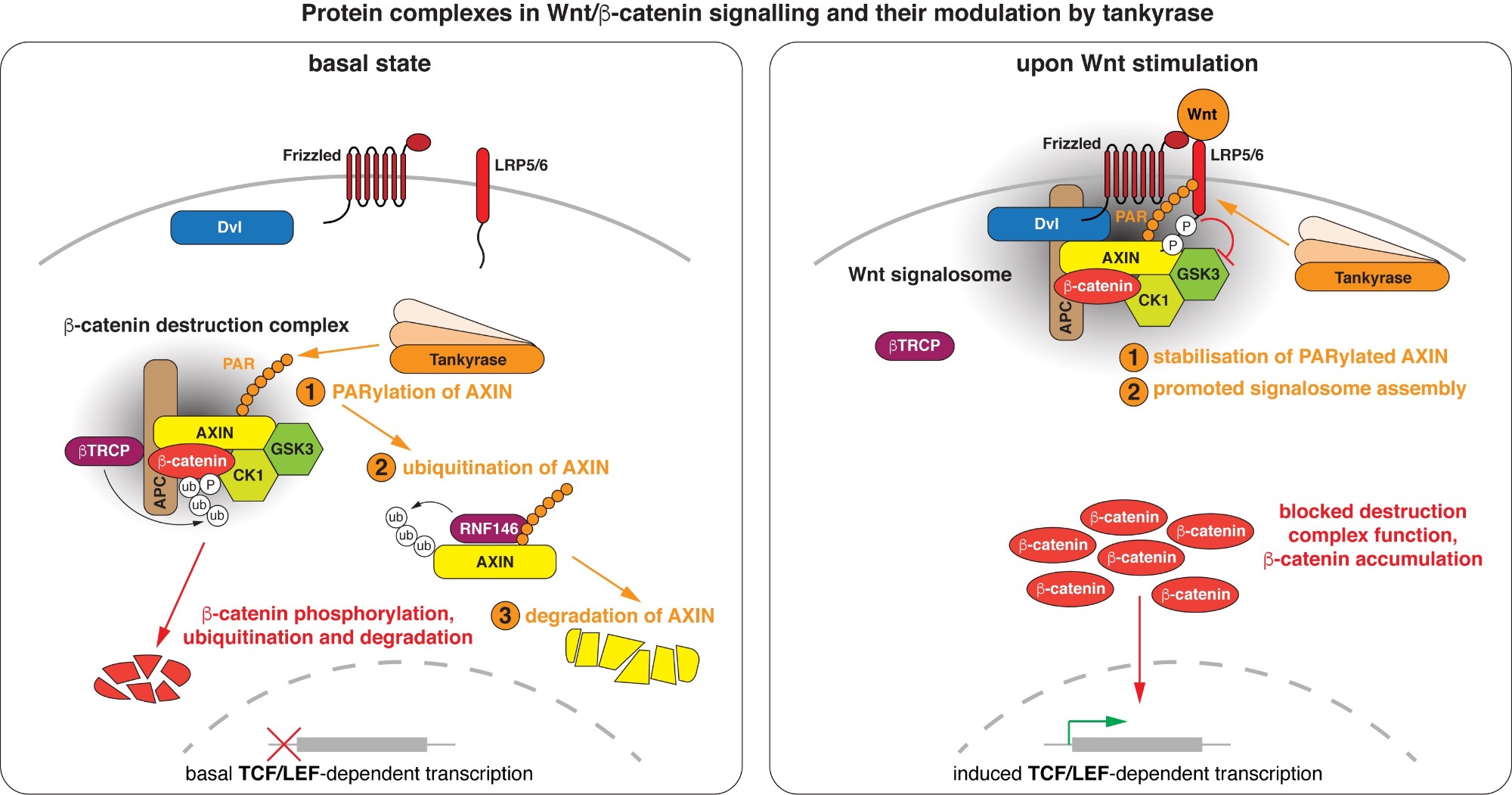
Wnt/beta-catenin signalling revolves around controlling the levels of the transcriptional co-activator beta-catenin. A multi-protein beta-catenin destruction complex captures cytoplasmic beta-catenin and limits its abundance by initiating its phosphorylation- and ubiquitination-dependent degradation. Notably, destruction complex function is impaired in the vast majority of colorectal cancer cases. Wnt stimulation remodels the destruction complex into a membrane-localised “Wnt signalosome” incapable of destabilising beta-catenin. Tankyrase controls the receptiveness of cells to incoming Wnt signals by PARylating AXIN, thereby destabilising the destruction complex or promoting Wnt signalosome formation. (Images modified from Mariotti et al., 2017)
A small number of key signalling pathways collaborate to confer stem-cell properties to cells, and the Wnt/beta-catenin pathway is a prototypic example for such a pathway. Wnt/beta-catenin signalling plays important roles in embryonic development and adult organ homeostasis. It is dysregulated in a number of different cancer types, most prominently in colorectal cancers, the vast majority of which bear mutations in components of the pathway.
At the same time, stem and most cancer cells rely on active telomerase to prevent erosion of their telomeres and maintain their unlimited replicative potential. Recent findings show that Wnt/beta-catenin signalling and telomere homeostasis are closely intertwined at multiple levels and form an integrated self-renewal programme, relevant to normal tissue regeneration, ageing and cancer.
The poly(ADP-ribose)polymerase (PARP) tankyrase both promotes Wnt/beta-catenin signalling and is essential for normal telomere extension in humans, thereby providing an important link between both processes.
Our overarching goal is to understand the precise molecular mechanisms that underlie Wnt/beta-catenin signalling, telomere maintenance and their control by poly(ADP-ribosyl)ation. We have a long-standing interest in deciphering the structural basis and molecular mechanisms of tankyrase function.
We employ biochemistry, structural biology and cell biology to study the molecular mechanisms of Wnt/beta-catenin signalling and telomere homeostasis, with a particular focus on how poly(ADP-ribosyl)ation (PARylation) controls both processes. Besides understanding fundamental mechanisms of cell function, we aim to uncover novel potential therapeutic avenues in cancer.
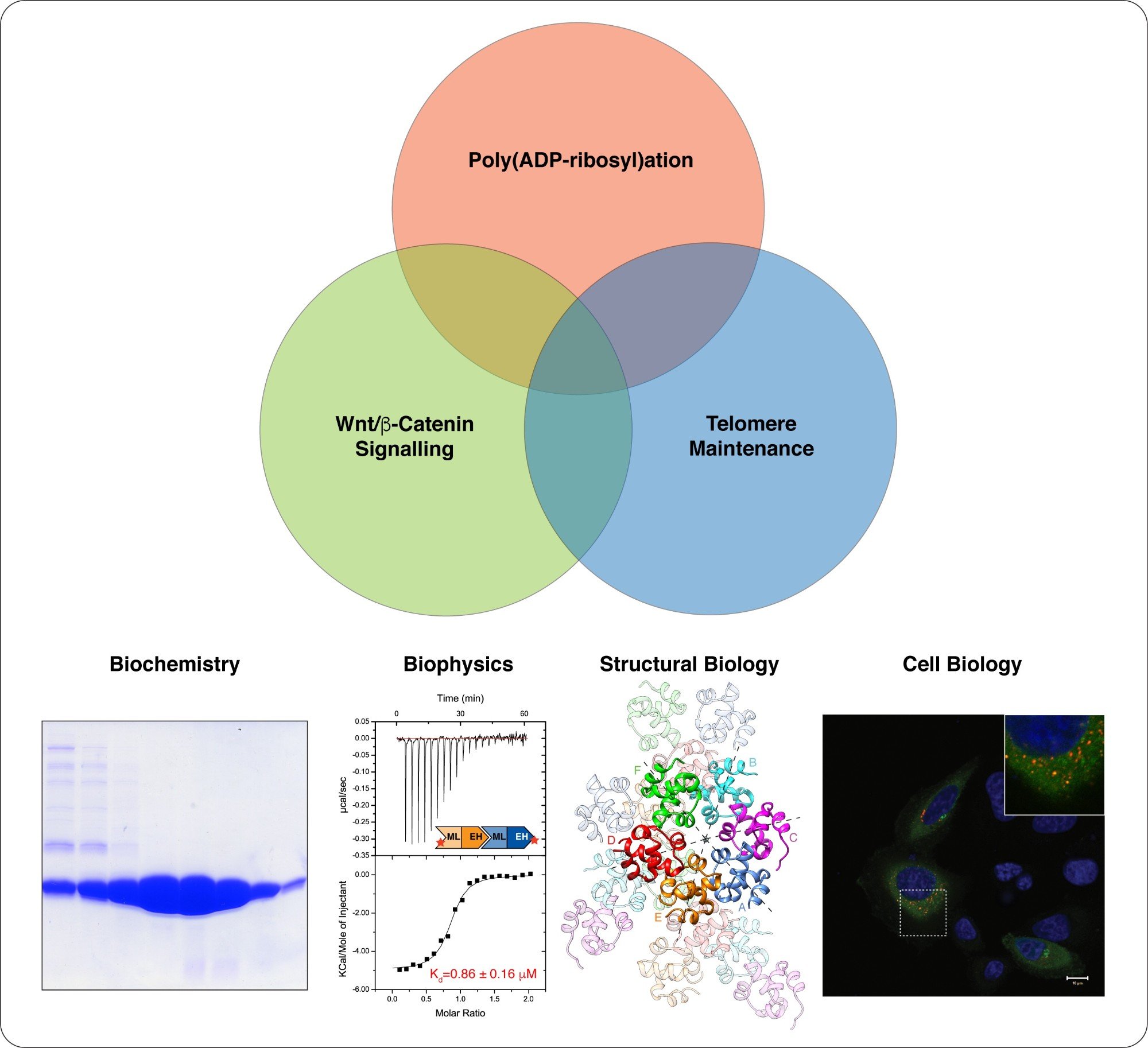
We take a multidisciplinary approach to study Wnt/beta-catenin signalling, telomere maintenance and their regulation by poly(ADP-ribosyl)ation. Structural biology is at the centre of our work. (Images modified from Mariotti et al., 2016)
Vacancies at the ICR
Working at the ICR
Postdoctoral Training Fellow
Under the leadership of Claudio Alfieri, we are seeking to appoint a Postdoctoral Training Fellow to join the Molecular Mechanisms of Cell Cycle Regulation Group at the Chester Beatty Laboratories, Fulham Road in London. This project aims to investigate the molecular mechanisms of cell cycle regulation by macromolecular complexes involved in cell proliferation decisions, by combining genome engineering, proteomics and in situ structural biology. For general information on Post Doc's at The ICR can be found here. Key Requirements The successful candidate must have a PhD in cellular biochemistry and experience in Cryo-EM and CLEM is desirable. The ICR has a workforce agreement stating that Postdoctoral Training Fellows can only be employed for up to 7 years as PDTF at the ICR, providing total postdoctoral experience (including previous employment at this level elsewhere) does not exceed 7 years Department/Directorate Information: The candidate will work in the Molecular Mechanisms of Cell Cycle Regulation Group within the ICR Division of Structural Biology headed by Prof. Laurence Pearl and Prof. Sebastian Guettler. The division has state-of-the-art facilities for protein expression and biophysics/x-ray crystallography, in particular the Electron Microscopy Facility is equipped with a Glacios 200kV with Falcon 4i detector with Selectris energy filter and the ICR has access to Krios microscopes via eBIC and the LonCEM consortium. We encourage all applicants to access the job pack attached for more detailed information regarding this role. For an informal discussion regarding the role, please contact Claudio Alfieri via Email on [email protected]
Research Group Leader, ICR Clinical Trials and Statistics Unit (ICR-CTSU)
Role Summary The Group Leader will lead a component of ICR-CTSU’s portfolio of clinical trials research. The post holder will further develop and grow the portfolio in line with ICR-CTSU’s overall strategy and take responsibility for a number of ongoing trials as well as the development of new trials. We seek an experienced biostatistician with a strong research interest in clinical trials methodology and a passion for direct involvement in the oversight and leadership of academic clinical trials. The successful candidate will work closely with the Director of ICR-CTSU to further enhance the Unit’s internationally recognised strength in clinical trial design, conduct and analysis. The post holder will be expected to make a substantial independent intellectual contribution to clinical trials projects and be proactive in leading and contributing to broad initiatives that enhance the overall effectiveness of ICR-CTSU. The appointee will contribute to the overall scientific life of the ICR including the newly established ICR/Royal Marsden Hospital’s Centre for Trials and Population Data Science, by providing mentorship to more junior colleagues and acting as an academic leader. We seek an individual who will work closely and collaboratively with other faculty/Group Leaders at ICR and with international/national key opinion leaders to extend the breadth and depth of ICR-CTSU’s biologically rich clinical trials portfolio. In partnership with clinical opinion leaders, s/he will generate research funds to conduct and deliver clinical trials research at the international forefront. Presentation at national and international conferences, production of top-quality research outputs and substantial professional contribution to wider clinical trial network bodies are expected. Enthusiasm for team-based science in a collaborative interdisciplinary environment is essential. The appointment will be based on track record and the ability and willingness to engage in team science. The successful appointee will have access to ICR’s successful PhD training programme and core facilities. Key Requirements Higher degree (MSc or PhD) in medical statistics/biostatistics or an allied field (e.g. public health, epidemiology, data science) with relevant work experience Significant experience as a clinical trials, medical or bio-statistician within the academic or commercial sector A desire to apply existing and novel statistical methods to the requirements of a diverse range of statistical problems A broad understanding of cancer research Ability to lead a Clinical Trials Unit based research group As part of your online application, you will be required to upload your full CV which will pre-populate your application form, you will also be asked to attach the following documents and failure to do so will mean your application cannot be considered on this occasion: Lists of major publications, achievements, research grants and distinctions. A PDF of a maximum of five key publications, or other research outputs (e.g. patents) that best demonstrate previous productivity or a single document giving hyperlinks to these outputs. You must also complete the personal statement section of the application form in the format of a cover letter including the names and contact details of three academic referees Department/Directorate Information: Division of Clinical Studies Clinical Trials and Statistics Unit (ICR-CTSU) The ICR-CTSU is a Cancer Research UK-funded, internationally recognised methodologist led clinical trials unit, providing cancer-focused clinical trial research expertise. We lead pioneering, efficient, high-quality, and impactful trials across the phases. Our expertise ranges from experimental medicine early phase studies exploring biological efficacy to trials which may deliver widespread change to routine practice, underpinned by applied methodology to drive forward clinical trial innovation. See our clinical trials Joining as a group leader, you will be given outstanding support to help you to continue to develop in your career. Along with a start-up package of funding, you will also have access to resources to establish your group, including support for recruiting key group members, such as PhD students and postdoctoral researchers. We encourage all applicants to access the job pack attached for more detailed information regarding this role. For an informal discussion regarding the role, please contact Professor Emma Hall ([email protected])
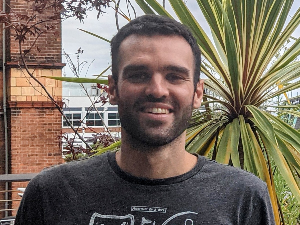
Employee Story
Dr Federico Tidu is a Postdoctoral Training Fellow in Dr Christian Zierhut’s Cancer Biology – Genome Stability and Innate Immunity Team. He and his team are based in our Chester Beatty Laboratories building in Chelsea, Central London.
"Working in Chelsea is great and there’s a very good community here."
Industrial partnership opportunities with this group
Opportunity: Biomarker for CDK4/6 and/or aromatase inhibitor response in breast cancers
Commissioner: Dr Maggie Cheang
Recent discoveries from this group



